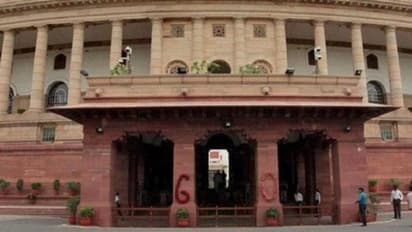National Anti-Terrorism Day 2022: 5 deadly terror attacks India has seen
Every year on May 21, India commemorates National Anti-Terrorism Day, which commemorates the assassination of former Prime Minister Rajiv Gandhi. 1991 was the year. Since then, our country has been the target of several similar assaults, with hundreds of people killed.
Stay updated with the Breaking News Today and Latest News from across India and around the world. Get real-time updates, in-depth analysis, and comprehensive coverage of India News, World News, Indian Defence News, Kerala News, and Karnataka News. From politics to current affairs, follow every major story as it unfolds. Get real-time updates from IMD on major cities weather forecasts, including Rain alerts, Cyclone warnings, and temperature trends. Download the Asianet News Official App from the Android Play Store and iPhone App Store for accurate and timely news updates anytime, anywhere.
Read more Photos on
